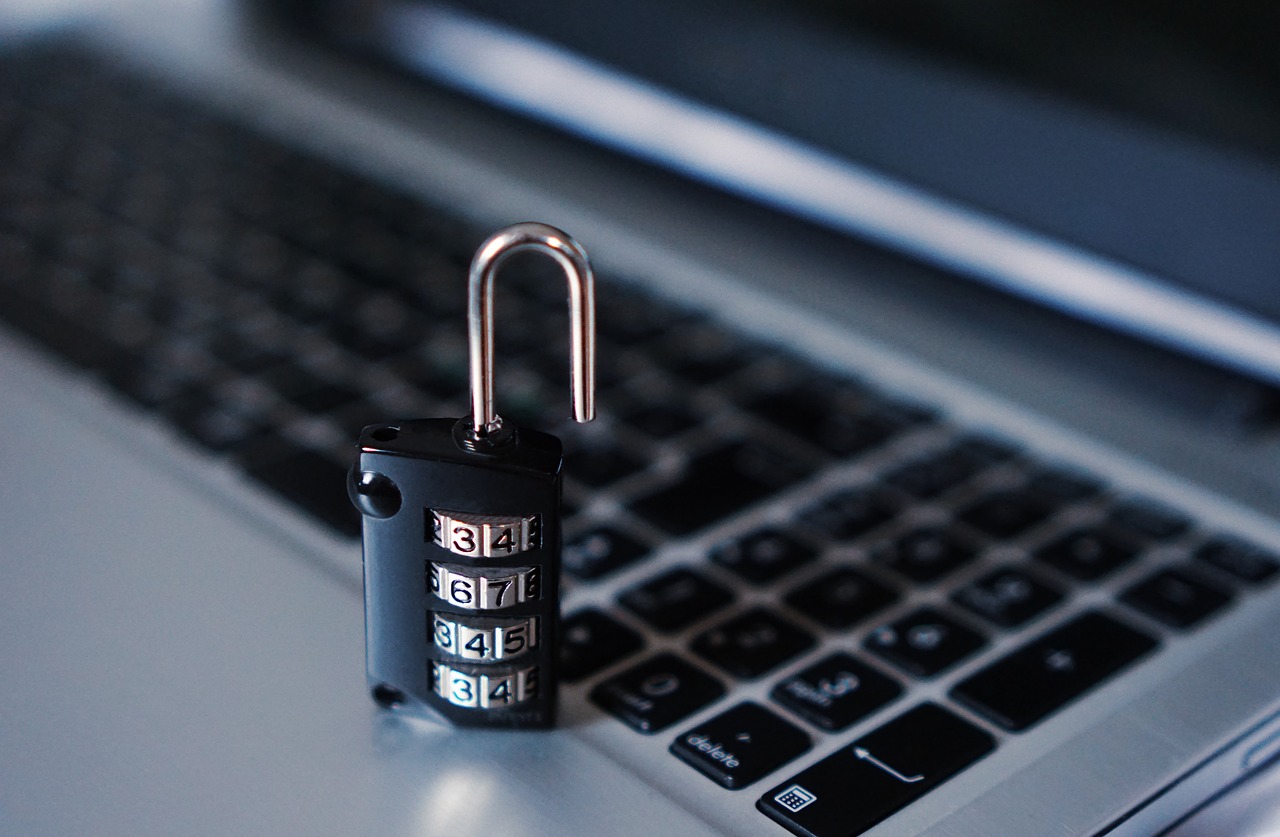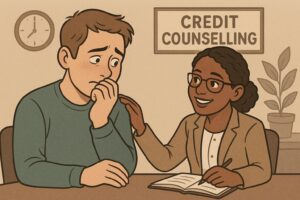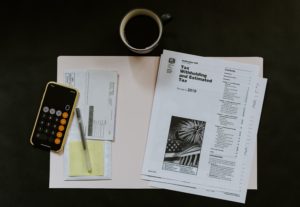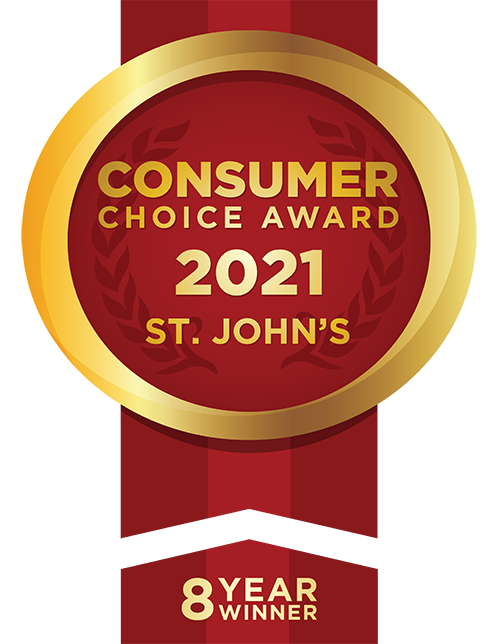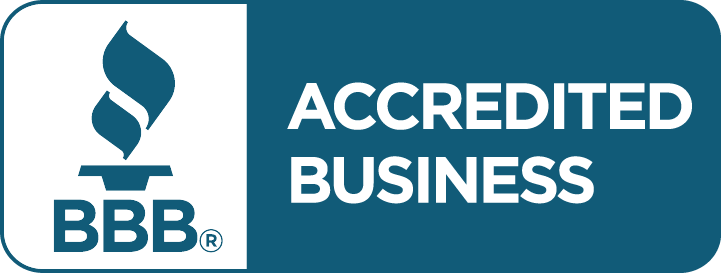Identity theft is on the rise and it can happen to anyone. Identity theft occurs when someone uses your personal information, like your name, Social Insurance Number or credit card number, without your permission, to commit fraud or other crimes.
An identity thief can take over your finances, open new bank accounts, transfer bank balances, apply for loans, credit cards, purchase vehicles, and more. What this means is that your credit rating can be completely ruined without you even knowing it – which can ultimately lead to future credit or job offer denials.
Most people don’t realize how easily criminals can obtain their personal information. By managing your personal information wisely, you can help protect against identity theft.
Ways your identity can be stolen
You may wonder how identity thieves can gain access to your financial information, and the truth is there are several ways – some more effective than others. Here are a few of the more common ways your identity can be stolen:
- Shoulder surfing. This is when someone watches you as you punch your pin into the ATM or card machine, or they listen as you say your number out loud. You should always cover your pin when entering it and be aware of your surroundings. Never share your pin with another person, no matter how trustworthy they may seem.
- Dumpster diving. This is when someone goes through your garbage or recycling to find personal documents like cheques, credit card or bank statements, applications for “pre-approved” credit cards or other records with your name, address and telephone number. You should always shred important information such as this.
- Internet hacking. This is when your personal information is acquired over the Internet through spam, online scams or unsolicited e-mails that promise some sort of benefit or reward but requires personal data first. If you’re ever asked to provide personal information to someone you don’t recognize, be wary.
How to protect yourself from identity theft
The best way to avoid becoming a victim of identity theft is to protect yourself. Follow these tips:
- Sign all credit cards in permanent ink as soon as you receive them. Never lend them to anyone and always cancel and cut up the ones you don’t use.
- Carry only the identification and credit cards you need.
- Keep your cards in view at all times when making a purchase and take your card back as soon as the transaction has been completed. Avoid saying your account number aloud so that others can hear.
- Never give your account number over the phone on an unsolicited call – if the issuer employs the caller, they will already know your account information.
- Never leave your purse or wallet unattended.
- Never leave receipts at bank machines or at unattended gas pumps.
- Never provide personal information such as SIN, date of birth, credit card numbers or PINs over the telephone unless you initiate the call.
- Avoid solicitations of promotions or surveys offering instant prizes or awards.
- Guard your mail. Promptly remove mail from your mailbox after delivery and do not leave pieces of mail lying around your residence or work site. Ensure your mail is re-routed if you move or change your mailing address.
- Shred or otherwise destroy pre-approved credit card applications, credit card receipts, insurance forms, physician statements, bills and related information, when no longer needed. Do not just toss them in your trash or recycling bin.
- Always be aware of your surroundings to make sure no one is watching you input your PIN.
- Avoid using information like your mother’s maiden name, birth dates, last four digits of your SIN, or home phone number for your passwords.
- Keep a list of all your credit accounts and bank accounts in a secure place so you can quickly call the issuers to inform them about missing or stolen cards.
Indicators that your identity is being used
If you are unsure whether or not you’ve had your identity stolen, here are some telltale signs:
- A creditor informs you that an application for credit was received with your name and address which you did not apply for.
- You receive credit card statements or other bills in your name which you did not apply for.
- You no longer receive credit card statements or you notice that not all of your mail is delivered.
- A collection agency informs you they are collecting for a defaulted account established with your identity and you never opened the account.
What to do if you’re a victim of identity theft
If you’ve been the victim of identity theft or fraud, follow these steps:
- Report the incident to police immediately and be sure to get a police report.
- Contact your bank, credit card company, and any other financial institutions or companies involved. Share the police report with them.
- Get new debt and credit card necessary and change your account numbers, PINs or online banking passwords.
- Report the incident to the Canadian Anti-Fraud Centre at 1-888-495-8501.
- Cancel any missing or stolen identification documents, such as your driver’s licence, passport, birth certificate or health card, and get new ones as soon as possible.
- Contact Equifax and TransUnion, the two main credit reporting agencies in Canada, and ask for a copy of your credit report. Review your credit reports and let them know if you want to dispute a debt. Ask if a “fraud alert” should be placed in your file.

